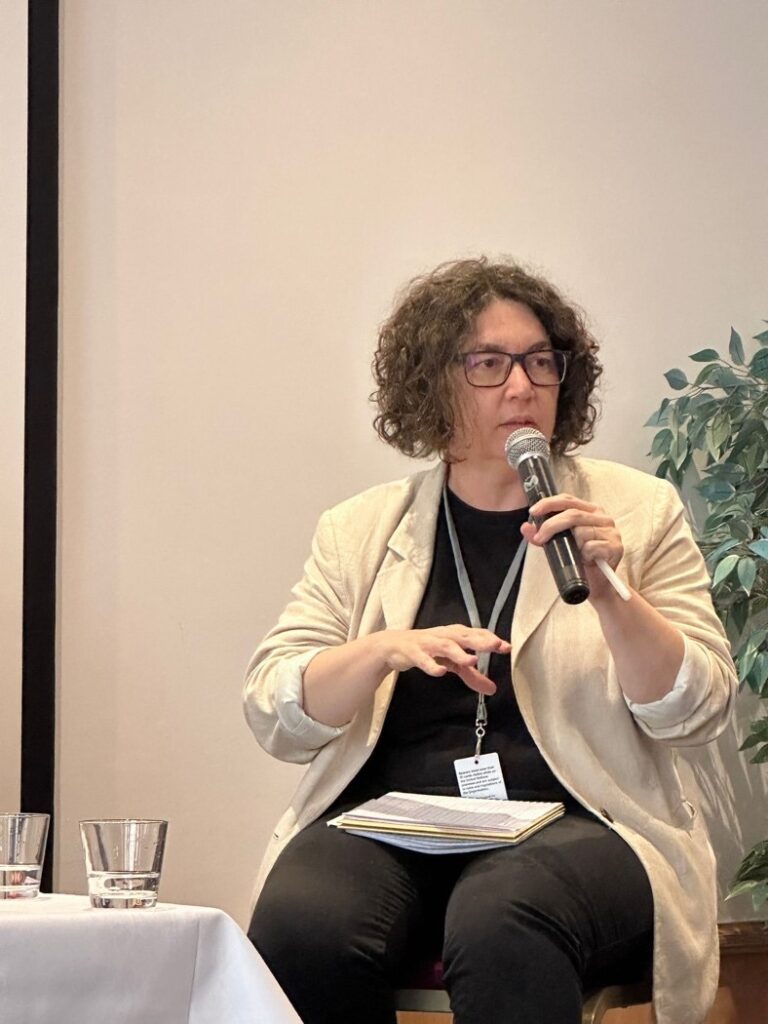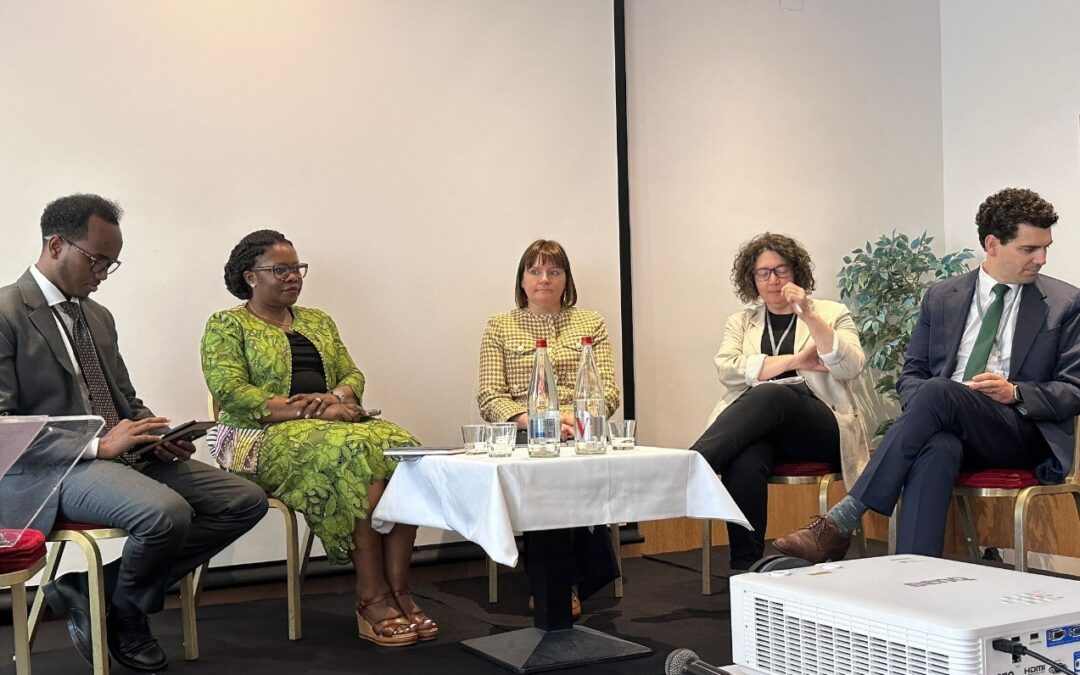Small-scale fisheries often face significant challenges in competing with large industrial fisheries, particularly in accessing markets and navigating complex regulatory environments. This reality runs counter to Sustainable Development Goal (SDG) 14.b, which calls for the provision of access for small-scale artisanal fishers to marine resources and markets.
Amid major pledges at the third United Nations Ocean Conference (UNOC3), experts called for reforms to ecolabelling, subsidies, and financing to allow small-scale fisheries to play a vital role in securing ocean sustainability and food security.
In this context, partner UAVR participated in a side event organized by the International Pole and Line Foundation (IPNLF) to discuss “Addressing market access barriers for small-scale fisheries”. This event featured keynote speeches from senior representatives of the Indonesian and Maldivian governments, followed by a panel of experts, including Cristina Pita from UAVR, FAO, small-scale fishery producer associations, and retail. The participants called attention to the need to build connections between the many layers of actors involved in the small-scale fisheries supply chain (including small-scale producers, government and agencies, to the various market actors – distributors, exporters, retailers, etc.), the need to upgrade ecolabelling guidelines (such as the FAO ecolabelling guidelines) and improve traceability and the role retail has to play in supporting small-scale fisheries.

Contributor: UAVR

